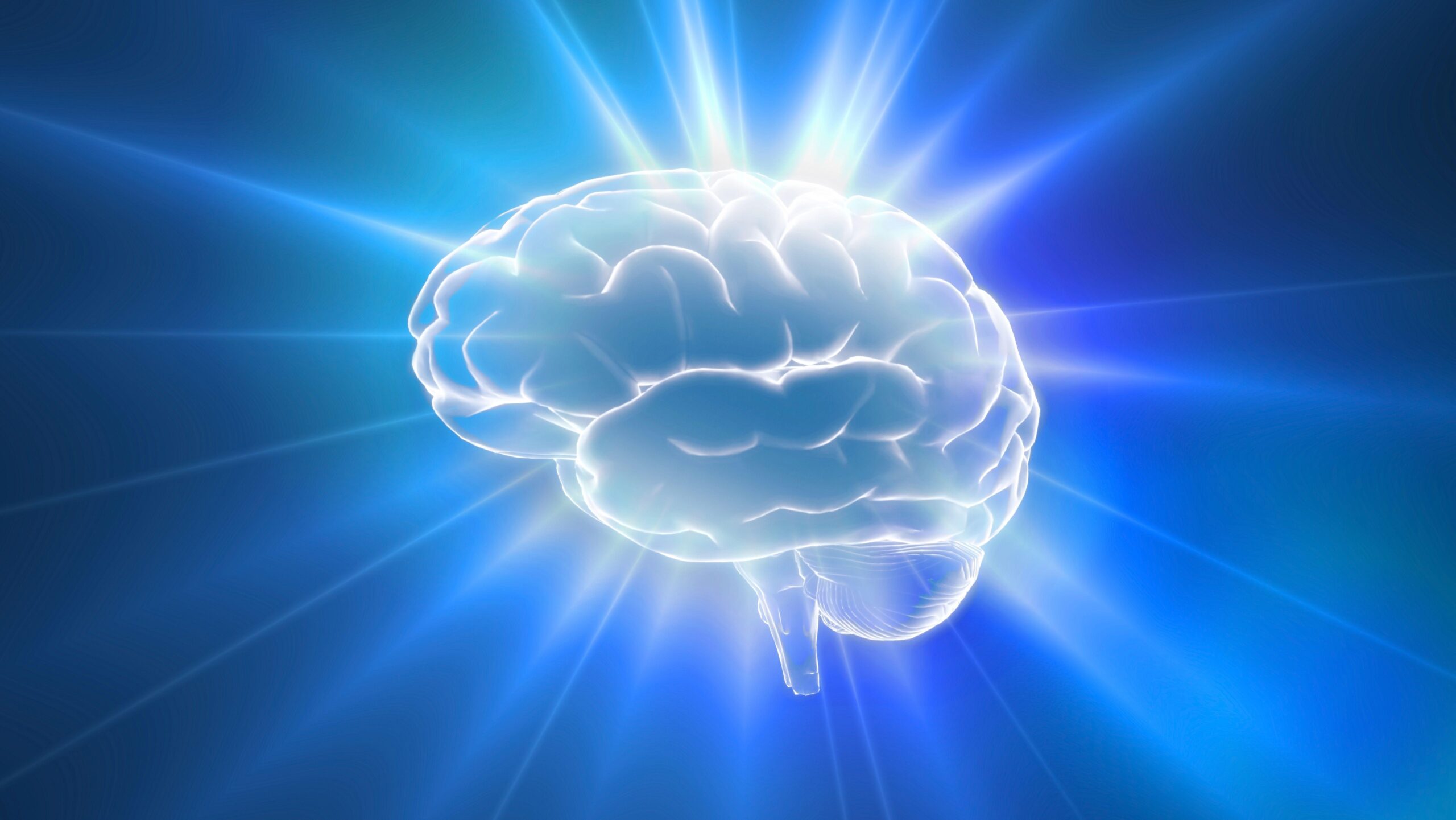The Bahá’í teachings provide a rich and nuanced framework for understanding human potential and the imperative of intellectual development. The adage “A mind is a terrible thing to waste” encapsulates the essence of this philosophy, highlighting the significance of nurturing one’s intellect to contribute positively to society. At the core of Bahá’í principles is the belief in the transformative power of education and knowledge, which is seen as a fundamental right and necessity for all individuals. This essay unfolds the multi-faceted dimensions of Bahá’í teachings, emphasizing the importance of mental cultivation, the pursuit of knowledge, and the implications of these concepts on both personal and societal levels.
Central to the Bahá’í worldview is the assertion that humanity possesses intrinsic nobility, a perspective that underlines the potential inherent in every individual. Bahá’ís assert that the human mind is a divine gift, endowing individuals with the capacity for reason, creativity, and discernment. Consequently, the effective use of this gift becomes paramount. Intellectual stagnation, therefore, is not merely a personal shortcoming but a disservice to the collective advancement of society. To waste the mind is to squander the potential for innovation and progress, which Bahá’ís dearly value.
Education is emphasized as a vital instrument in unlocking this potential. In Bahá’í thought, education is not restricted to mere academic knowledge; rather, it encompasses moral, spiritual, and practical dimensions as well. The multifaceted nature of education prepares individuals to face the complexities of modern life, fostering critical thinking and ethical decision-making. Thus, it is a cornerstone of Bahá’í teachings that “education is the most potent and effective weapon for social change.” Through education, individuals learn to leverage their cognitive faculties for the betterment of society, thereby adhering to the Bahá’í principle of service to humanity.
The promotion of universal education is also a fundamental doctrine within the Bahá’í Faith. This principle recognizes the imperative that all individuals, regardless of gender, socioeconomic background, or geographical location, should have access to educational opportunities. The Bahá’í community actively works towards achieving this goal worldwide, participating in various educational initiatives that empower marginalized groups. Through such efforts, the Bahá’í teachings articulate a vision where equitable access to education enables all minds to flourish, underscoring that the collective intelligence of humanity is vital for overcoming global challenges.
Moreover, the relationship between knowledge and spiritual development is intrinsic in Bahá’í teachings. Knowledge is often portrayed as a means to attain spiritual enlightenment and fulfill one’s purpose. The acquisition of knowledge is not an end in itself but a pathway to understanding the divine and the moral imperatives that guide human behavior. Indeed, Bahá’ís believe that there is no dichotomy between material and spiritual knowledge; both are interdependent and contribute to the holistic development of an individual. Hence, the cultivation of the mind is seen as a pathway to spiritual maturity, which should guide one’s actions towards justice and compassion.
The Bahá’í teachings also emphasize the significance of critical thinking and open-mindedness. They advocate for the importance of questioning assumptions and engaging in intellectual discourse as a means to foster a deeper understanding of truth. The avoidance of dogmatism is crucial; Bahá’í principles encourage individuals to approach knowledge with humility, acknowledging the limitations of one’s understanding. Such an approach not only enriches personal growth but also fosters a culture of dialogue that is essential for socio-spiritual progress.
Furthermore, the application of knowledge in service to others is an integral tenet of Bahá’í teachings. Engaging the mind with intent to improve the human condition reflects the profound understanding of the interconnectedness of humanity. Bahá’ís are encouraged to use their intellectual capabilities to address pressing social issues such as poverty, inequality, and conflict. This commitment to applying knowledge for the common good aligns with the belief that one’s intellectual pursuits should not solely benefit the self, but rather contribute to the upliftment of society as a whole. The maximization of human potential, therefore, is interwoven with a commitment to altruism and social responsibility.
The path to realizing the Bahá’í vision of a vibrant and educated society necessitates the cultivation of virtues that enhance intellectual pursuits. Qualities such as love for humanity, sincerity, and a spirit of inquiry are lauded as essential for nurturing thoughts and ideas that take root in the soil of compassion and justice. A community that embodies these virtues fosters an environment where individuals are encouraged to explore their minds without reservation, thus combating the wasteful tendencies that lead to intellectual decline.
In conclusion, the Bahá’í teachings present a compelling argument for the sanctity of the human mind and the moral responsibility to develop it. The insistence on education, the pursuit of knowledge, and the application of intellectual faculties for the benefit of humanity form a cohesive worldview advocating for both personal growth and collective advancement. The Bahá’í perspective asserts that to waste one’s mind is to neglect not only personal enrichment but the improvement of society. Thus, through a commitment to intellectual cultivation, one not only enhances their own life but contributes to the flourishing of communities around the globe, creating a tapestry of progress interlaced with compassion, understanding, and justice.
